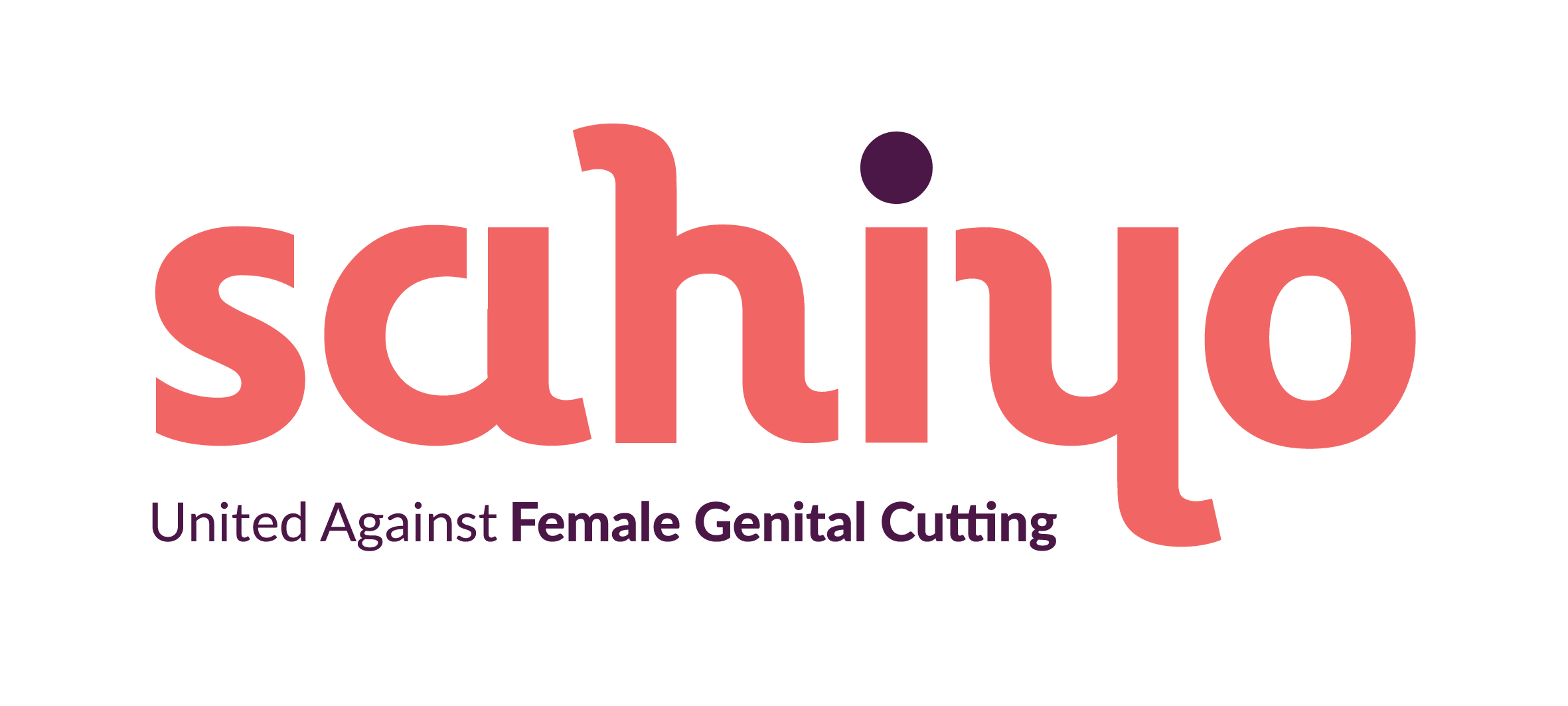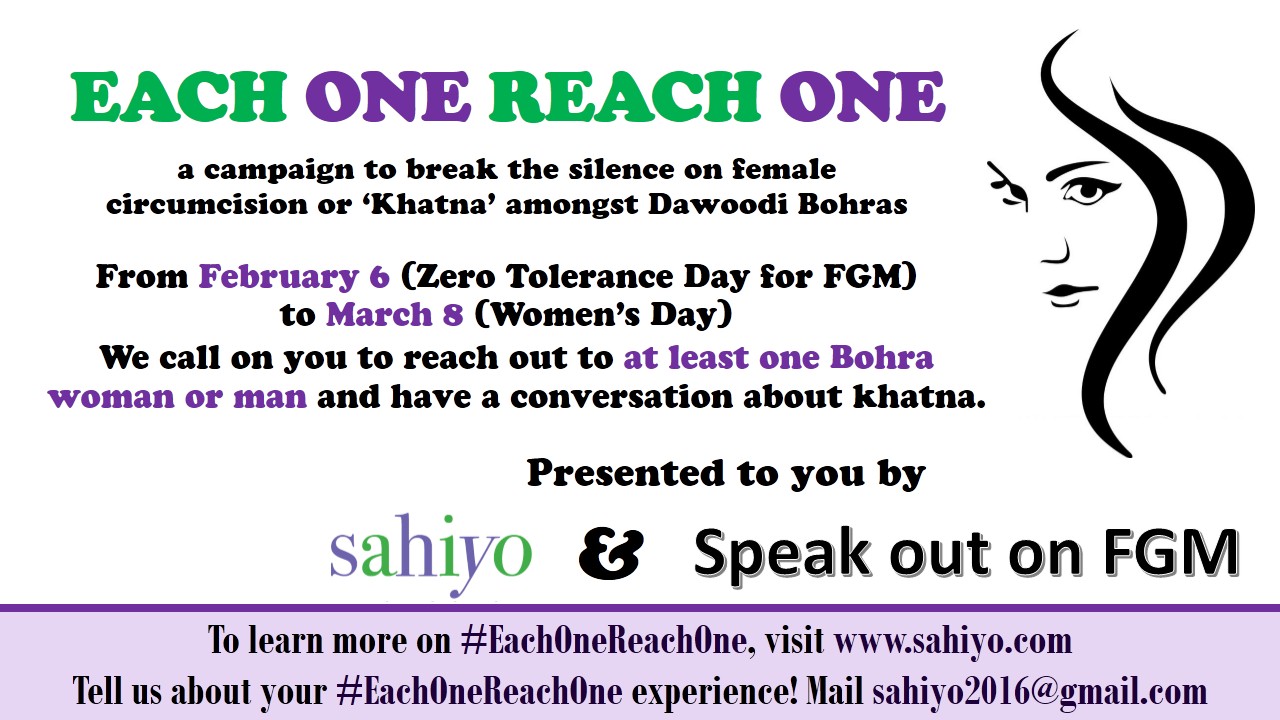8th MARCH – INTERNATIONAL WOMEN’S DAY
Women Of All Religions Unite To Fight Patriarchy Within
Women Demand Equal Rights To Access Of Places Of Worship
Date: 8th March 2016
Venue: Azad Maidan, near CST, Mumbai
Time: 2.00 pm sharp
Organisers: Bharatiya Muslim Mahila Andolan, Bhumata Brigade, Sahiyo, Vaghini Sanghatana, Satyashodhak, Roots of Peace, Muslims for Secular Democracy, Gandhi-Ambedkar Vichar Manch & Bharat Bachao Andolan
Religion has been for a long time considered to be the domain of a select few males. Men alone are claimed to have always been the recipients of divine messages, men have been transmitters of the same and men have always kept to themselves the right to read, interpret and apply religious doctrines to the masses. Thus religion has become a tool in the hands of men to suppress women. And this has been going for a very long time. Women on their part have for centuries accepted the hegemony of men over religion thanks to patriarchal socialisation. Men were the givers of religious knowledge and women were the receivers. And if told that they are inferior, that they are impure, women believed in it because it had the force of religion and hence by default the force of God.
With rising consciousness, awareness and an innate confidence in themselves and a strong belief in their own equality before God, women have been raising questions which now are making the men uncomfortable, especially the clergy who have hegemonised religion. It is not surprising that Hindu and Muslim women and women from other minority communities have started raising questions about discrimination within their respective religions. While Hindu women have questioned the restriction on women’s entry into Sabarimala, Shani and Trambakeshwar temples, Muslim women have questioned the decision of the trustees of the Haji Ali Dargah who have stopped women from entering the sanctum sanctorum. Within the Muslim community, Bohra women have begun a campaign to ban the practice of female genital cutting.
Bharatiya Muslim Mahila Andolan has filed a PIL in the Bombay High Court to allow women to enter the sanctum of the Haji Ali Dargah. Bhumata Brigade has made valiant attempts to enter the Shani Shingnapur and Trambakeshwar temples while Sahiyo has been running a campaign to demand a ban on the practice of female genital cutting.
It is important to now celebrate the coming together of women from different religious diversities and to raise a common voice to demand equal rights within religion from the state. Please do join us in large numbers!




